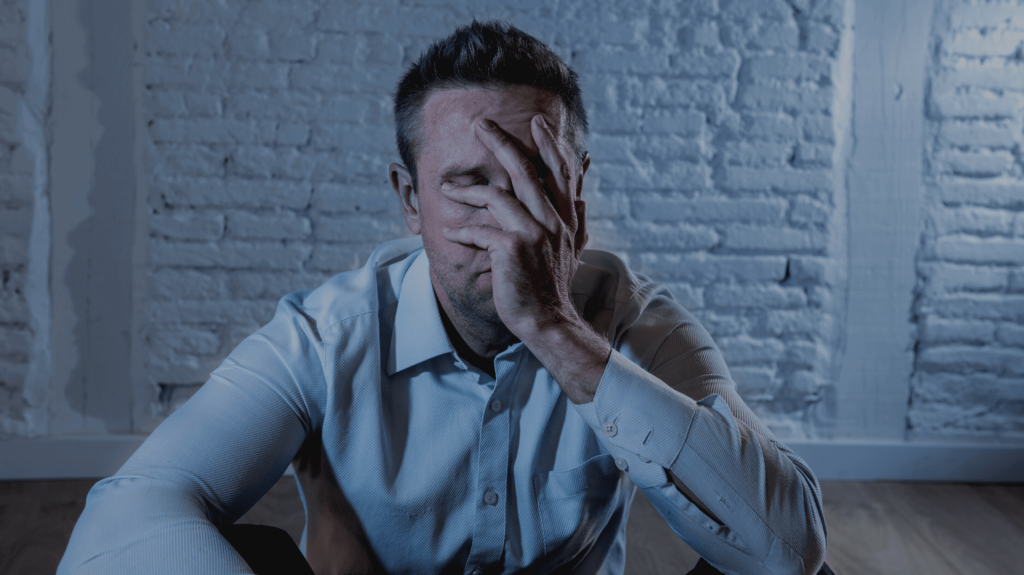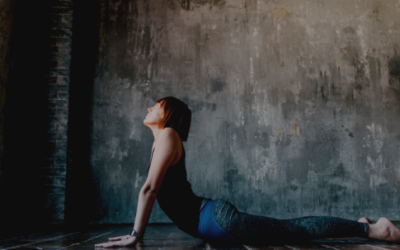ANXIETY IS YOUR BODY’S NATURAL RESPONSE TO LIFE’S UNKNOWN STRESSORS
Life constantly presents us with situations that are unfamiliar. Anxiety is your body’s natural response to life’s unknown stressors. It is an emotion often characterized by feelings of tension, worry, and apprehension about upcoming events and can coincide with physiological changes, such as an increase in blood pressure and an elevated heart rate.
Anxiety is a totally NORMAL part of life and will certainly be experienced differently by everyone.
ANXIETY AND THE MUSIC INDUSTRY
There continues to be mounting evidence that life in the Music Industry can cause high rates of Anxiety. In a study called “Can Music Make You Sick?,” researchers found that 71.1% of participants (artists, music industry workers) believed they had experienced anxiety and panic attacks, and the University of Texas found that Musicians with higher levels of job insecurity were more than six times as likely to suffer from anxiety.
Feelings of financial fear, work inconsistency, the pressure to succeed, months on the road away from loved ones, and creative uncertainty are just a few of the situations that cause an increase in anxiety among those in the music industry.
SIGNS OF ANXIETY
» Worry/overthinking about an upcoming event
» Pounding heart
» Sweating
» Upset Stomach
» Dizziness</span
» Shortness of breath
» Muscle tension or twitches
» Shaking or trembling
» Insomnia
HOW TO TREAT ANXIETY
In most cases, anxiety can be controlled and managed effectively by the following:
» Awareness of your thoughts and physiological changes in unknown situations
» Breathing exercises
» Getting enough sleep
» Meditating
» Staying active and exercising
» Eating a healthy diet
» Limiting alcohol
» Limiting caffeine
WHEN SHOULD I CONTACT A PROFESSIONAL?
There may be times when your anxiety feels more intense and is more persistent. Reach out to a professional if the following symptoms occur:
»Your worry is excessive, hard to control and is interfering with social, occupational, or other important areas of your life on a consistent basis (6 months or more)
» Your worry has a long duration and occurs quickly and without warning
» Your worry induces physical symptoms such as restlessness, feeling keyed up or on edge, irritability, difficulty concentrating and/or disturbed sleep





